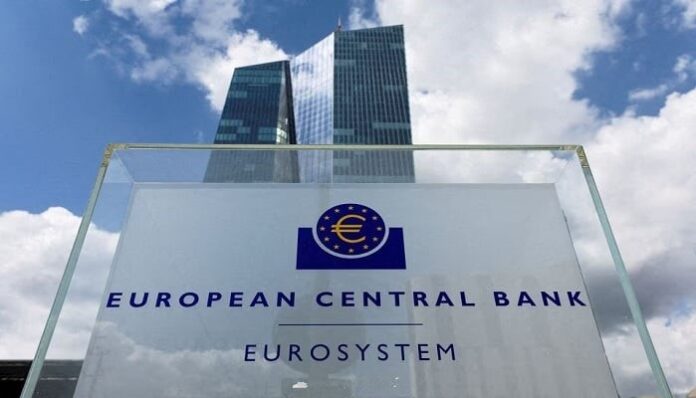The European Central Bank (ECB) has taken a historic step by increasing Eurozone interest rates to a record high. This marks the 10th consecutive rate hike, raising the key rate from 3.75% to 4%. The ECB justified this decision by expressing concerns about persistently high inflation levels and anticipating that inflation, which measures the rate of price increase, would average 5.6% in 2023.
However, the ECB hinted that this recent rate hike might be the last for the time being. The bank stated that it believes the current interest rate levels, if maintained for a sufficient duration, will significantly contribute to a timely reduction of inflation to target levels. The ECB’s expectations foresee a decrease in inflation to approximately 2.9% in the Eurozone next year and further down to 2.2% in 2025.
Rising food and energy prices have exerted pressure on household budgets in the Eurozone, mirroring similar global challenges. Central banks, including the ECB, have responded by increasing interest rates as a measure to curb rising prices. The rationale behind this move is to make borrowing money more expensive, thereby reducing disposable income, curbing consumer spending, and alleviating inflation. However, the central banks must strike a balance because overly aggressive rate hikes can lead to economic recessions.
Comparatively, the UK currently maintains higher interest rates at 5.25% but faces even higher inflation at 6.8%. The Bank of England is also expected to raise rates in the near future.
The ECB remains committed to bringing inflation back to its 2% target within a reasonable timeframe. Yet the bank acknowledged that it had significantly downgraded its economic growth projections due to the impact of these higher rates.
ECB President Christine Lagarde did not rule out additional rate increases but emphasised that the focus would shift towards the duration of the current rate levels. However, she noted that the ECB couldn’t definitively declare that they had reached the peak.
In June, revised data revealed that the Eurozone had entered a recession during the previous winter, with Germany’s economic performance as Europe’s largest economy contributing to the downturn. A recession is generally defined as two consecutive quarters of economic contraction and can have adverse effects on businesses and employment.

















